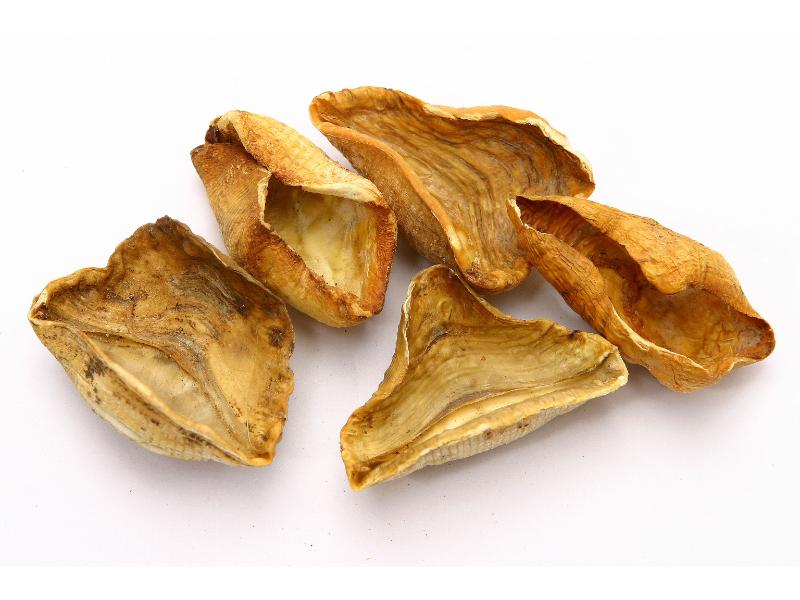Search in medicinals
Manis Squama
Pangolin scales
穿山甲 〔穿山甲〕 chuān shān jiǎ

Alternate English names: anteater scales
Alternate Chinese names: 鲮鲤甲 líng lǐ jiǎ; 鲮鲤角 líng lǐ jiǎo; 川山甲 chuān shān jiǎ; 鳖鲤甲 biē lǐ jiǎ; 麒麟片 qí lín piàn; 麟片 lín piàn; 山甲 shān jiǎ; 山甲珠 shān jiǎ zhū
Kingdom: Animal
Origin in PRC Pharmacopoeia: Manis pentadactyla L. (PRC Pharmacopoeia)
Origin in unofficial sources: Manis pentadactyla L.
Use: Medicinal
Category: Blood-quickening stasis-transforming agents / Blood-quickening concretion-dispersing agents
Properties: Salty; slightly cold.
Channel entry: Liver and stomach channels.
Actions and indications:
- Quickens the blood, disperses concretions, and frees the channels/menses: Concretions, conglomerations, accumulations, and gatherings; amenorrhea due to blood stasis; wind-damp impediment (fēng shī bì) pain.
- Promotes lactation: Breast milk stoppage or scant breast milk.
- Disperses swelling and expels pus: Toxin swelling of
sore s and welling-abscesses; scrofula.
Dosage and method: Oral: (4.5–9g); or use in powder preparations. Topical: Grind to a powder and sprinkle on or apply mixed.
Warnings: Contraindicated in pregnancy and in swollen welling-abscesses that have already ruptured. Manis pentadactyla is endangered in the wild and is a CITES Appendix II-listed species. Although the animals are farmed for their meat and scales, chuān shān jiǎ is not legal to use in some countries. Because it is difficult to identify the origin of the product in many cases (i.e., farm-raised vs poached in the wild), ethical and legal guidelines discourage its use unless the source can be verified.
Quality: Evenly sized scales that are blackish green in color, without an flesh attached or unpleasant odor are the best.
Production area: Mainly produced in Guǎngdōng, Guǎngxī, and Guìzhōu, but also in Zhèjiāng, Fújiàn, Húnán, and ānhuī, Vietnam, Burma, and India.
Back to search result Previous Next